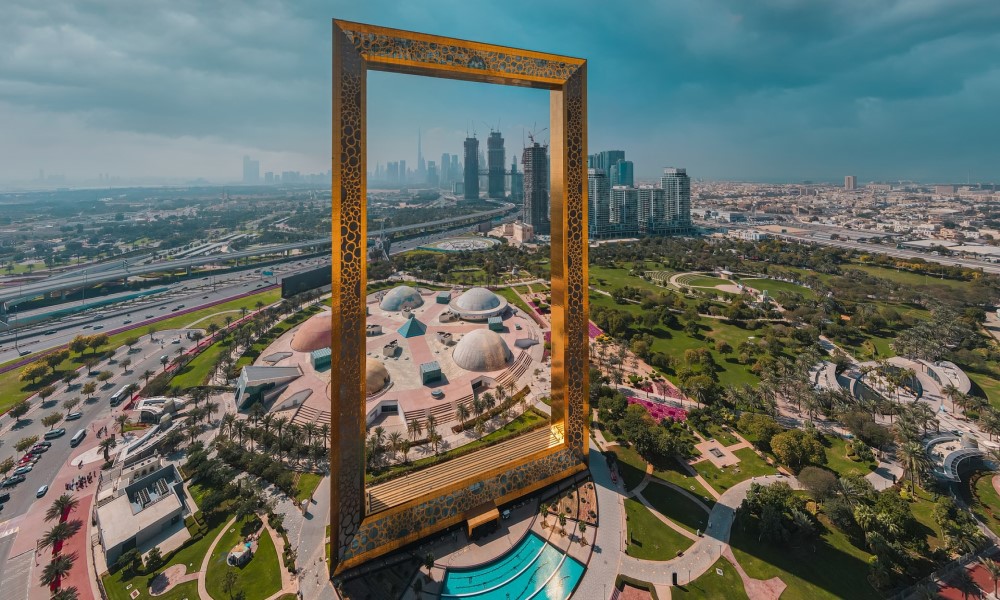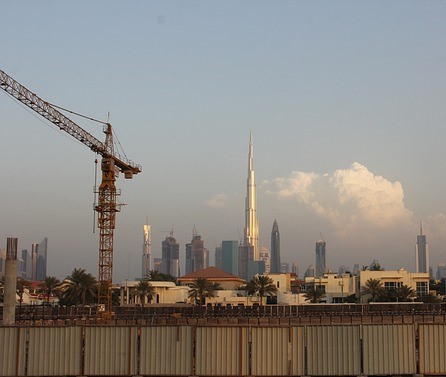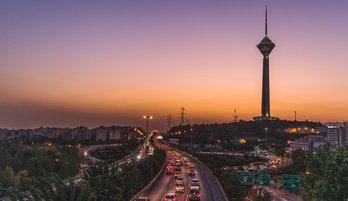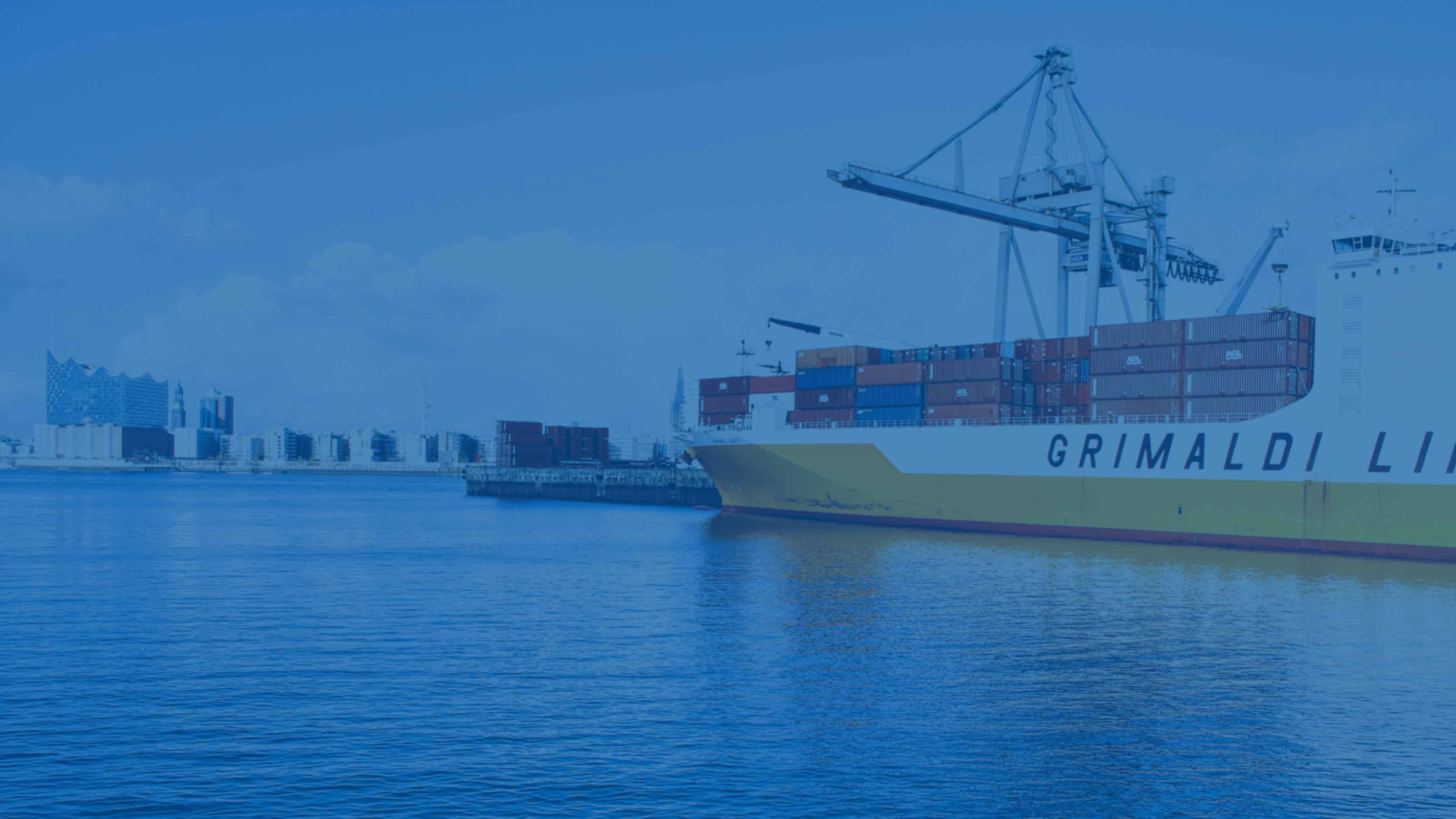Expanding to the GCC as an Indian Startup: Dubai is Middle East for Beginners
- In the April edition of our Expanding to the GCC as an Indian Startup webinar series, we asked senior executives from Cars24, Lenskart, and CanCertain several questions on their experiences expanding to the UAE and GCC and how other Indian startups can follow in their footsteps. This panel included:
👓 Sudhir Syal, Chief Business Officer - Middle East, Lenskart who shared insights from its $50M MENA omnichannel expansion.
🚘 Abhinav Gupta, Chief Executive Officer Gulf Region, Cars 24 who discussed its $10M UAE investment and plans to quickly expand in the GCC.
🏥 Dharmesh Mehta, Business Development Director, CanCertain who shared his experience scaling healthtech startups to the GCC and commercializing R&D intensive products.
Here are some the key takeaways from the discussion.
What advice would you give early-stage Indian startups looking to expand to the GCC?
The MENA is not homogeneous as a market. Countries like the UAE have high expat populations and can be unforgiving due to higher expectations about quality and service level.
What works in the GCC may not work in the wider MENA
- The Middle East is not a homogeneous market
- In the GCC, the expat population is large, ethnicities are varied, and the capacity to pay is much higher than in other MENA countries
- Given regional variation, understanding product market fit is critical
The GCC’s Indian diaspora doesn’t behave like Indian consumers
- Just because Indian diaspora consumers in the GCC hold an Indian passport doesn’t mean that they behave like Indian consumers in India
- The GCC’s Indian diaspora community has high quality and service expectations, and the market can be unforgiving if you don’t meet these expectations
What learnings from India can startups apply when they expand to the GCC and MENA?
Due to poor perceptions about quality and service, startups need to present themselves as global players.
Don’t gain the reputation of being just another Indian startup planting a flag abroad
- It is important for Indian startups to adopt a global view to overcome concerns about quality
- Indian startups must present themselves as global companies to acquire MENA customers
How important is it for Indian startups to engage with government?
Many Indian startups entering the GCC and MENA are taking on incumbents or operate in spaces without regulatory precedent. This makes it critical to engage proactively with regulators.
The regulatory environment moves fast
- There are existing laws which are not consistently implemented and future laws
- Remaining aware of laws by engaging with government allows you to make better decisions
- Policymakers are open to listening to the business community
If you are challenge incumbents or operate in grey areas, you need to engage proactively
- Many Indian companies coming to the GCC are competing with incumbents – this makes it important to understand the law of the land
- Many of these startups operate in spaces without existing laws
- The UAE is openminded and sees that technology is the future of the country, and it is very open to working with the business community to enhance digital economy laws
are some of the positive experiences you had when you expanded to the GCC?
GCC policymakers understand the importance of getting the foundational regulations for world-class digital economies right for Web2 - and increasingly Web3.
Digital economy momentum is building with KSA gaining ground
- The speed at which you can get things done is impressive
- There are several incentive programs to support startups
- Saudi Arabia’s efforts to attract startups is ambitious and very forward looking
GCC consumers are first movers and early adopters
- The UAE’s consumers are first movers – the early adopter segment is massive
- People want to try new products and tech which accelerates product market fit
- Each MENA country requires a customized strategy with success in one country not guaranteeing success in another
The UAE is not just a holiday destination – it’s a global tech hub
- The MENA is hungry for tech
- The UAE doesn’t want to be seen as a holiday destination, they want to be a global tech hub
- GCC countries do not want to just write checks to foreign startups, they want to see market commitment and investment
What could be improved for startups to fully realize the benefits of the India-UAE Comprehensive Economic Partnership Agreement?
The UAE and India can both stand to benefit from closer ecosystem cooperation. There is a unique complementarity between the ecosystems due to India’s scale and the UAE’s early adopter, global consumer base that can be leveraged.
India’s startup ecosystem has lessons for the UAE
- India’s startup ecosystem is a few years ahead of the MENA and Southeast Asia
- India can work with MENA governments to support them in ecosystem building
- MENA governments should not be looking at the US for guidance
The scale of India’s ecosystem has led to faster tech development in spaces like fintech
- India has the advantage of scale since the market is massive
- Tech development in India has been fast due to its scale, while the lack of scale in the UAE has meant that tech ecosystem development has been slower
- For example, in the UAE, there are no instant bank transfers or wallets, and these are areas in which the UAE can learn from India
- Cooperation on tech sectors that require scale for development could be mutually beneficial
Trade deal photo ops must be translated into tangible support for startups
- Signing trade deals is great, but India needs to do more for startups
- Indian startups need more support with international trade and expansion
Why don’t more Indian startups expand to the UAE and MENA?
Dubai and the UAE are entry points for MENA and global expansion.
The MENA opportunity is potentially bigger than India
- When you consider the GCC opportunity, you need to look at price and quantity
- Prices in the UAE are 4x higher than in India
- Despite its small population, the UAE is a gateway market to 450M MENA consumers
- If you consider the MENA’s 450M population and consumer willingness to pay 4x times more, that means the MENA market is larger than India
- Dubai is Middle East for beginners, but the market opportunity is much bigger than Dubai
Indian startups should see the UAE as a global expansion base to up their game
- The UAE is part of the learning curve for Indian startups
- It is a great way to start expanding globally
- Learning is a 2-way street – you can take the quality and service learnings from the GCC to raise your game in India
What support do Indian startups need to expand deeper into the MENA?
Long-term market commitment is required to fully realize MENA market opportunities.
MENA digital economies are evolving rapidly
- The MENA’s startup ecosystem is amongst the hottest globally now
- Indian startups do not fail because of a lack of support – they fail due to lack of focus
- Market commitment is needed rather than flag planting to expand total addressable market
- Localization, customization is required - what works in India will not work in the MENA










































